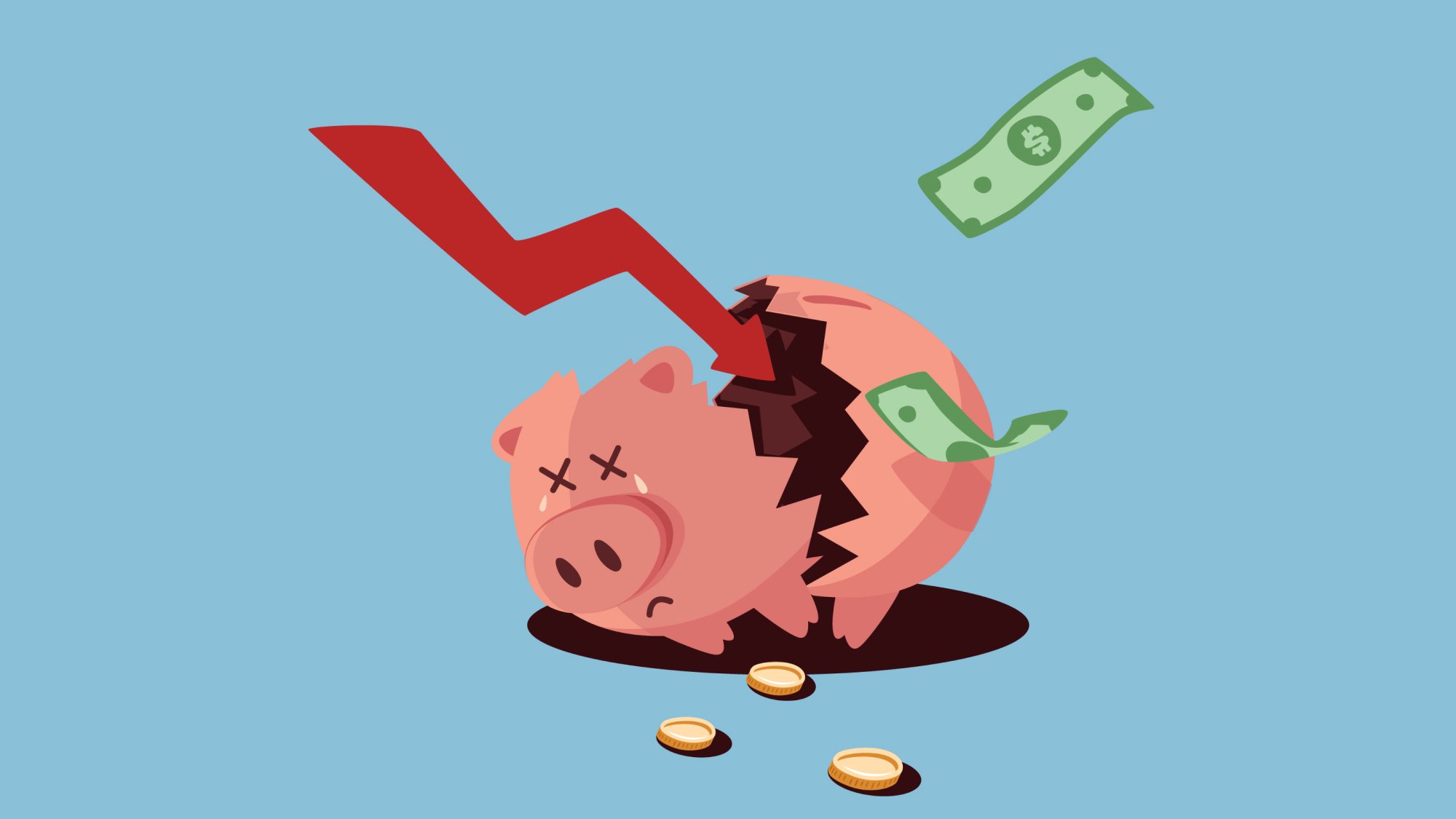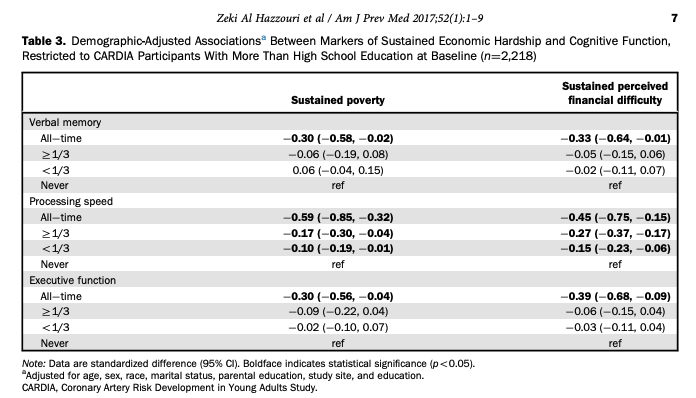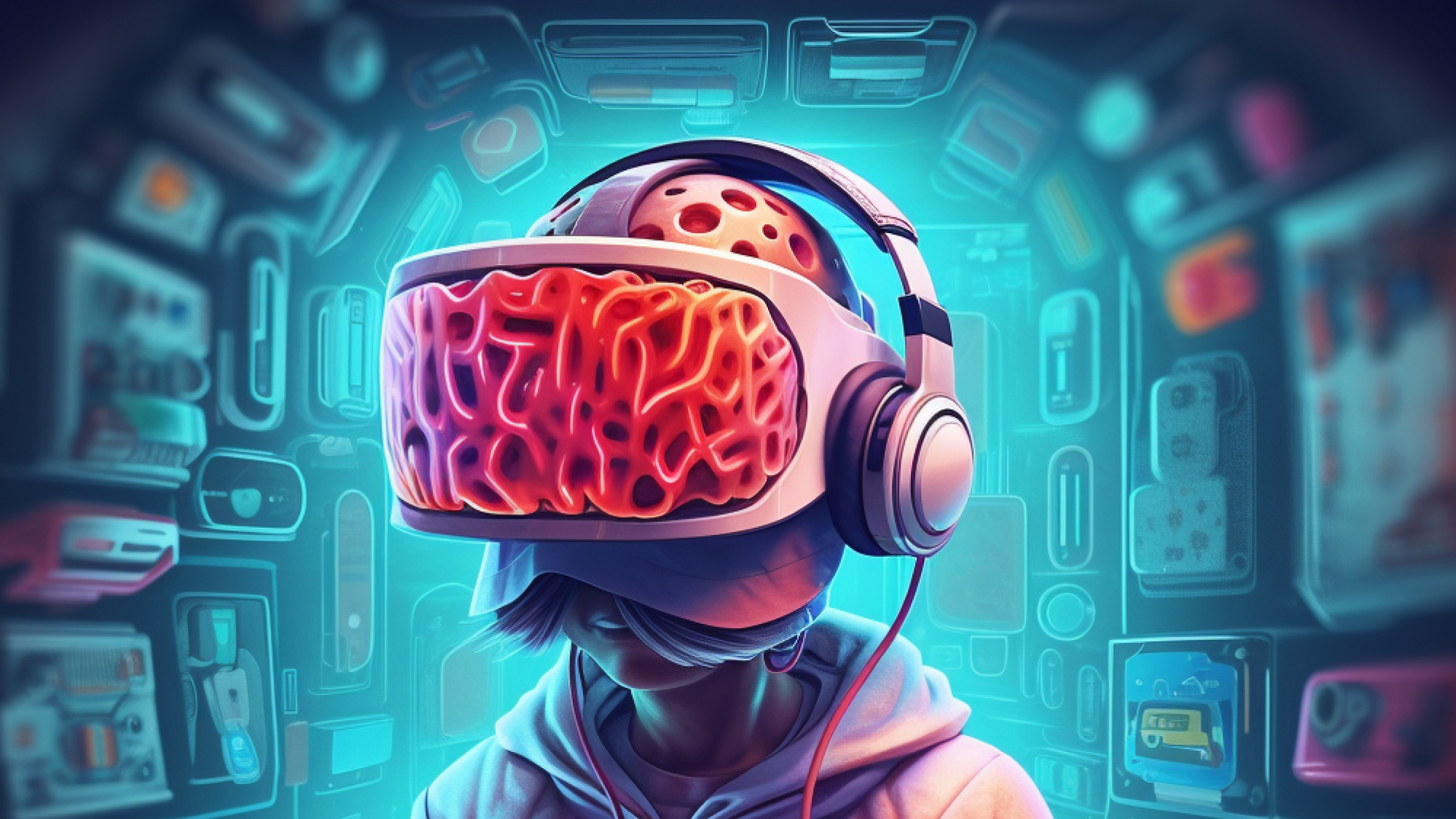
With economic recession just around the corner, and the wealthy making moves to prepare for what’s to come, it would be an understatement to say that those who have or at least are at risk of losing their jobs may be at great unease.
There is plenty of evidence to show that our brain is heavily tied to money, but when the economy comes crashing down, and incomes are lost, how badly does an unstable income hurt our cognitive health?
Changes in the brain for low-income individuals
We know that losing money can trigger the same areas of the brain associated to fear and pain. But further neurological studies have shown that when a person’s income drops 25% percent or more, there are clear signs of detriment seen in the brain, from poorer performance on cognitive tests to physical changes of unhealthy aging.
“For reference, this poor performance is greater than what is normally seen due to one year in aging.”
— Leslie Grasset, Ph.D. (Lead Researcher for study)
To put things into perspective, two or more income drops have been linked to a decrease in brain connectivity and decreased volume of white matter — an area of the central nervous system that is made up of an insulating layer known as myelin, which forms around the nerves. This is important to note as white matter helps to facilitate the transferring of information from one area to the next, playing a key role in helping the brain communicate between different areas of the brain.
Often, drinking alcohol or simply getting older can decrease the volumes of white matter, but the fact that drops in income can do much the same shows that there is an evident relationship between economic instability and aging.

Moreover, another study at the University of Texas at Dallas scanned the brains of 304 people aged 20 to 89. They found that in relation to socioeconomic status, when it came to those aged 35 to 64, the higher-status people’s brains contained more grey matter and segregation across the brain network.
Grey matter is neural tissue that contains nerve-cell bodies and fibers. This helps to process information into the brain and plays a huge role in functioning, control of movement, regulating emotions, and retaining memories. Simply put, the more grey matter, the better.
Much like white matter, the more you age the more decrease in grey matter volume there is in the brain. Therefore, if you have more grey matter, this helps in maintaining better memory and protects you against dementia and other signs of brain aging.
Poverty’s burden on the brain
One of the key factors as to why low-income or economic instability may play a part in aging the brain could be tied to the role of continued stress on the brain.
Research from Princeton University showed that when people are in poorer economic situations, they have less mental energy to dedicate to other areas of life. When a person’s mental attention is consumed day-to-day with both physical and cognitive efforts to simply ‘get by,’ there are very few mental resources left to help them get out of their impoverished environments, which then takes a toll on their mental states. As noted by Dr. Jiaying Zhao, an Associate Professor in the Department of Psychology at the University of British Columbia,
“These [economic] pressures create a salient concern in the mind and draw mental resources to the problem itself. That means we are unable to focus on other things in life that need our attention…We’re arguing that the lack of financial resources itself can lead to impaired cognitive function. The very condition of not having enough can actually be a cause of poverty.”
— Dr. Jiaying Zhao
This hit on the overall cognitive function of the brain can come at a high cost.
As further evidenced by the study, the researchers discovered that consistent financial worries left low-income to perform worse on common cognitive tests. On average, a person that had pressing financial concerns had a drop in cognitive functionality, equivalent to a 13-point dip in IQ.
To put things into perspective, this is almost the equivalent of losing an entire night’s sleep. And just a single night without sleep can have immediate effects on problem-solving, decision-making, and recall.
In addition, another study found that those who were at the poverty level performed much worse on tests related to verbal memory, processing speed, and general executive function (aka working memory, self-control, flexible thinking).

Combating cognitive decline
For those that are in unfortunate situations of income instability, you can, fortunately, do more than sit back and let your brain rapidly age away.
As we’ve all heard time and time again, engaging in physical activity of any kind can help with protecting the aging brain. Not only does it reduce the risk of getting dementia, it physically boosts your overall mental health — helping with thinking, and problem-solving, all the while reducing anxiety and depression.
While this won’t necessarily fix your financial concerns, it can definitely help to steer clear of cognitive decline. Dealing with the economic recession is never easy, but whether its learning how to budget or becoming better at decision-making, the first step to improving your situation is to understand more about the brain.










